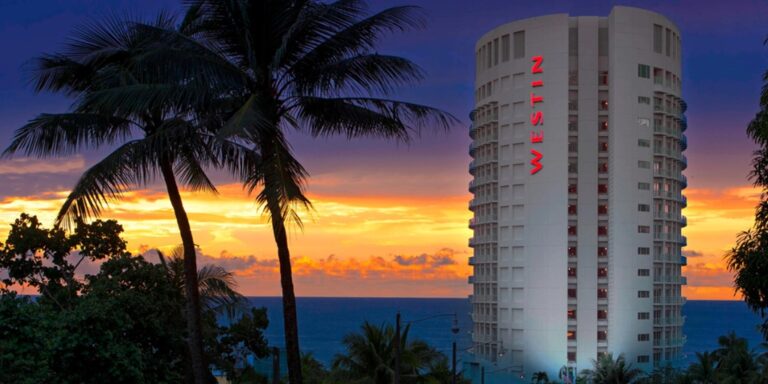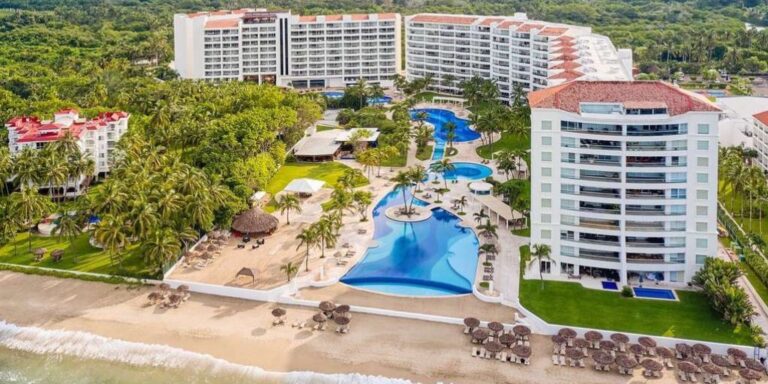Minor International’s share price halved in a month as Covid19 concerns mounted. (Picture: Michael-Peter Wiesiolek)
In this in-depth look at Minor Hotels, TOPHOTELPROJECTS provides an exclusive analysis of its hotel development pipeline and investigates how Covid19 has affected the group so far.
The Covid19 pandemic has had a huge impact on the global hospitality sector, with countless businesses forced to adapt to countries imposing stringent lockdowns and travel restrictions in an effort to get the outbreak under control.
Part of Minor International (MINT), one of the largest hospitality and leisure companies in the Asia-Pacific region, Minor Hotels has certainly not been immune to the crisis. The Bangkok-headquartered hotel owner, operator and investor boasts a portfolio of over 530 properties, spread across more than 50 countries, and its high-profile brands include the likes of Anantara; Avani; Elewana Collection; Oaks Hotels, Resorts & Suites; NH Hotels; NH Collection; nhow; and Tivoli Hotels & Resorts.
In this report, we check out Minor Hotels’ ambitious development pipeline, and consider how MINT’s response to coronavirus has evolved over the course of 2020.
 Minor Hotels’ remarkable expansion drive
Minor Hotels’ remarkable expansion drive
MINT, which also has a significant presence in the restaurant and retail markets, has expanded its hotel portfolio considerably in recent years, not least thanks to the blockbuster acquisition of NH Hotels Group, a deal that its founder and chairman William Heinecke hailed in October 2018 for having “transformed MINT into a truly global hospitality company”.
This emphasis on growth is also reflected in Minor Hotels’ development pipeline. Delving into the current status of Minor Hotels’ projects, as indicated on the TOPHOTELCONSTRUCTION online database, we can see that the hotel group currently has 49 projects in progress, with a further ten on hold and just two cancelled as of 2 June 2020.
In terms of how Minor Hotels’ active projects are split by brand, it’s apparent that the group’s most prolific engine of growth is Anantara, which has no fewer than 16 schemes in the works. This places it just ahead of Avani (15) and NH Hotels (11), with all of the other brands in single figures:

Of course, the Covid19 pandemic has not yet run its course, and it’s possible that Minor Hotels will decide to pause or scrap more projects if the situation on the ground deteriorates. However, it’s interesting to note that the vast majority of its developments are still proceeding despite all the uncertainty around the world, suggesting that the group remains confident in the underlying business case for its schemes – and ultimately that travellers will want to stay in its hotels once more after the crisis subsides.
MINT’s share price halves in a month
Minor Hotels’ commitment to realising the projects in its development pipeline seems all the more impressive when you consider the enormous impact that Covid19 has had on the share price of MINT, which is listed on the Stock Exchange of Thailand.
At the beginning of 2020, before the true scale of the coronavirus threat was known, the company’s share price actually remained fairly steady at around 35 Thai baht ($1.12) per share. From mid-February onwards, however, the value plummeted – the price more than halved in a month, dropping from 32.75 Thai baht per share on 19 February to just 15.40 Thai baht per share on 19 March.
Since then, investor confidence has gradually returned, although not to pre-crisis levels by any means. As of 8 June, MINT’s share price stood at 23.20 Thai baht per share, approximately two-thirds of where it stood at the start of the year.
How MINT initially responded to the pandemic
While investors may have been worried about MINT’s prospects during the pandemic, it’s probably fair to say that the company itself has struck a relatively upbeat note throughout the crisis. But this is not to say that MINT’s messaging has remained the same over the course of 2020 since, in common with most businesses around the world, it significantly underestimated how much Covid19 would affect day-to-day activities at the outset.
On 21 January, for example, the company issued a press release stating that “we are fully confident that with the early identification and report of the first cases, the proactive precautions on health screening and the necessary steps being taken, the World Health Organization and the China’s authorities [sic] will be able to control the virus”, and noted that “Minor Hotels has not experienced any significant cancellations, impact on advanced booking and the group’s operations”.
MINT steps up its response to Covid19
By 27 February, MINT was acknowledging in a Management Discussion and Analysis document that it “expects a short-term impact on its hotel business from Covid19, and a strong recovery when the situation moderates”. At the same time, it pointed out that the company is “well-diversified in terms of geographies”, and advised that Minor Hotels would be switching to target domestic tourists in those countries where international travel demand was decreasing.
The picture looked very different, however, on 23 March when the company opted to notify investors about the impact that Covid19 was having on operations following the Bangkok Metropolitan Administration’s order to temporarily close high-risk venues, as well as the lockdown measures implemented by many countries where it operated. Shareholders were told that “several drastic cost-cutting initiatives…are being implemented across business units and support functions, and across geographies” in an effort to minimise the impact on revenue and profitability. Among the measures being taken were a substantial reduction in marketing and advertising costs for “low-activity businesses, in particular the hotel business in Europe”, and the suspension of all significant capex investments, which would now only proceed when an obligation occurred.
MINT reflects on the fallout from coronavirus
Then on 23 April, MINT founder and chairman William Heinecke gave a revealing interview setting out his views on the global situation, as reported by Bloomberg. During the conversation, he warned that “this is not an economic recession, it’s a depression”, describing the fallout from Covid19 as the worst crisis he had experienced in his decades-long career running hotels. He then went on to say that once the pandemic settles down, domestic tourism was expected to recover before international travel, and predicted that customers in future would opt for brands that can take the necessary health, food and safety precautions, which might mean them shunning private apartments or personal online accommodation listings.
Three weeks later, on 15 May, MINT revealed the true extent of the “unprecedented and highly challenging Covid19 pandemic” on its finances, reporting net losses of 1.77 billion Thai baht ($56.6 million) in Q1 2020, compared to net profits of 583 million Thai baht a year earlier. The company, which generated total revenues of 129.89 billion Thai baht in 2019, said: “With the lockdown of many cities and countries across the globe, global tourism slowed dramatically in March 2020 and many hotels, restaurants and retail outlets were required to temporarily close, directly impacting all three of MINT’s businesses.”
Looking ahead, however, the business also detected grounds for optimism. “As the Covid19 pandemic eases… MINT is confident that it will emerge from this period a stronger company,” it said. “The global hotel, food and retail industries will change in response to the lessons learned from the pandemic and MINT will play a leading role in shaping and leading them. Its strong brand portfolio, agility and passionate leadership and team serve as the foundations that will guide MINT through the pandemic and propel it to success for many years to come.”

With dynamic plans to expand its existing brands and explore strategic acquisitions, Minor Hotels pursues a vision of a more passionate and interconnected world.






